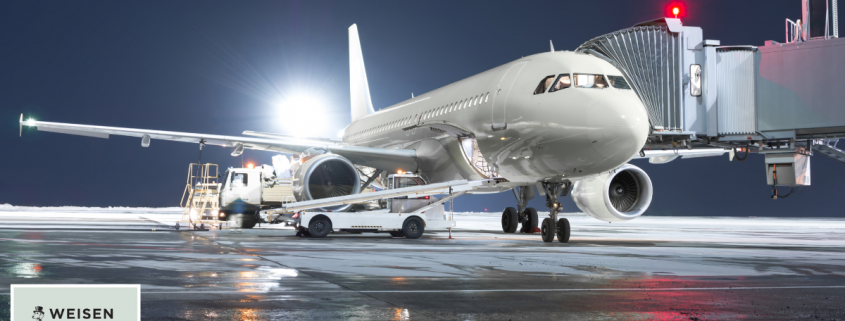Gerichtskosten und No-Reply-E-Mail-Adressen
Viele Fragen unserer Airline-Kunden betreffen die von Fluggästen geforderten Anwaltsgebühren und unter welchen Umständen diese Gebühren zu zahlen sind. Vor allem wenn Mahnungen an No-Reply-E-Mail-Adressen verschickt und in weiterer Folge Klagen eingereicht werden, gibt es oft Unsicherheiten. Ziel des heutigen Artikels ist es, das österreichische System der Erstattung von Anwaltskosten kurz darzustellen und die Frage zu beantworten, ob Anwaltskosten bezahlt werden müssen, wenn ein Mahnschreiben lediglich an eine No-Reply-E-Mail-Adresse gesendet wurde.
Fluglinien sind oft mit anwaltlichen Mahnschreiben konfrontiert, in denen nicht nur die Rückerstattung des Flugscheins oder eine Entschädigungszahlung gefordert wird, sondern auch die Anwaltskosten für die Arbeit des Anwalts. Solche Anwaltskosten müssen nur dann gezahlt werden, wenn die Einschaltung eines Anwalts für den Fluggast notwendig war. Dies ist z.B. dann der Fall, wenn sich der Fluggast bereits selbst an die Fluggesellschaft gewandt hat, diese sich aber weigert, den geforderten Betrag zu zahlen oder auf die Anfrage des Fluggastes nicht reagiert. Darüber hinaus kann nach der Rechtsprechung die Einschaltung eines Rechtsanwalts erforderlich sein, wenn die Fluggesellschaft den Fluggast nicht über seine Rechte aus der Verordnung (EG) 261/2004 informiert (Verstoß gegen Artikel 14 dieser Verordnung).
In österreichischen Gerichtsverfahren hat die obsiegende Partei Anspruch auf Erstattung ihrer Anwaltskosten durch den Gegner (im Falle eines Teilerfolgs: anteilig). Diese Anwaltskosten werden nach dem Rechtsanwaltstarifgesetz berechnet, unabhängig von einer allfälligen gesonderten Vereinbarung zwischen Anwalt und Mandant über die Vergütung.
Allerdings werden auch diese Anwaltskosten nur dann erstattet, wenn die entsprechenden Handlungen (z.B. die Einreichung einer Klage) notwendig waren. Wenn der Fluggast (oder sein Anwalt) die Fluggesellschaft nicht vor der Klageerhebung kontaktiert hat, kann die Fluggesellschaft die Zahlung der Anwaltskosten verweigern und sogar die Erstattung ihrer eigenen Anwaltskosten verlangen, wenn sie den Anspruch des Fluggastes zum erst möglichen Zeitpunkt anerkennt und bezahlt.
Das Handelsgericht Wien hatte sich mit einem Fall zu befassen, in dem der Fluggast nicht zuerst die Fluggesellschaft kontaktierte und sein Anwalt ein Kündigungsschreiben nur an eine von der Fluggesellschaft verwendete No-Reply-E-Mail-Adresse schickte. Der Anwalt ignorierte die standardisierte Antwort-E-Mail, in der er aufgefordert wurde, eine andere E-Mail-Adresse für seine Anfrage zu verwenden, und reichte Klage ein. In der Folge anerkannte und bezahlte die Fluggesellschaft die Forderung unverzüglich, weigerte sich aber, die Anwaltskosten des Fluggastes zu bezahlen und verlangte die Erstattung ihrer eigenen Anwaltskosten. Das Handelsgericht Wien entschied zu Gunsten der Fluggesellschaft (Aktenzeichen: 60 R 42/21p).
Für Fragen zu Passenger Claims und über das System der Anwaltskosten, die Passagiere im Zusammenhang mit Passagieransprüchen in Österreich im Allgemeinen verlangen können, steht Ihnen unser erfahrenes Aviation Team gerne zur Verfügung.


